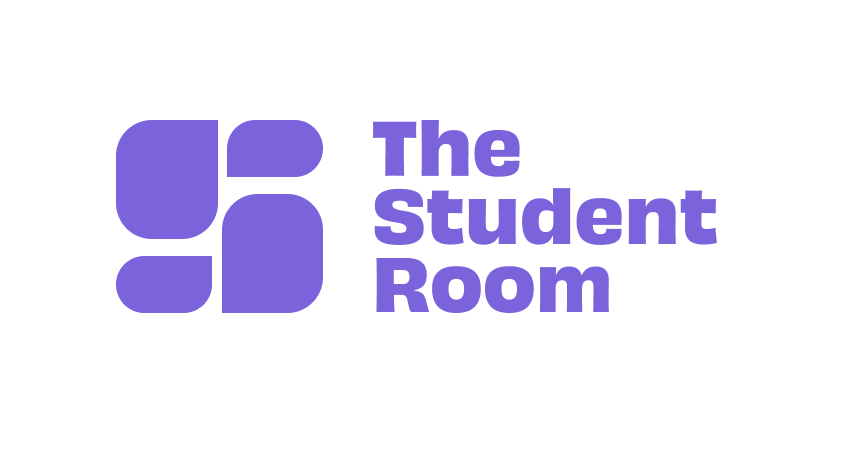Unconditional offers have a place to play in any university’s recruitment strategy. Used in the right way, no one in the increasingly heated political and academic debate takes issue with that.
They play an important role in helping universities get the right students on the right courses, and allow them to take into account a student’s potential and background in a way that over-reliance on exam grades alone cannot. They can be useful in allowing universities to expand courses they’ve invested heavily in developing. All that makes solid educational and commercial sense.
However, new research from The Student Room, produced by TSR Insight shows how much of a double-edged sword they have become for universities. Working in partnership with universities every day, as Commercial Director of The Student Room, I see first hand how they can help hit a university’s recruitment targets in the short term, but pose a significant threat to their brand and reputation-making recruitment increasingly difficult in the future.
More than half of the university applicants we spoke to said their opinion of a university’s reputation would be quite or extremely negative if they found out that university made a lot of unconditional offers. This reflects the conversation we are seeing more and more on The Student Room. Students are becoming increasingly savvy about universities’ recruitment tactics, and are quick to make judgements – in their own minds and in the public domain in places like TSR – on those they see using unconditional offers indiscriminately.
All this makes it imperative that universities manage the alignment between their recruitment needs and their brand and reputation needs.
At TSR, we’re seeing how some universities are already doing this. We offer an Official Rep service which allows universities to engage with students in the forums openly, answer their questions and address their concerns. The quality of response from many universities is outstanding, where marcomms balance out the recruitment needs with the inspirational and aspirational brands they represent.
On a deeper level, we’re working with universities who are building their brand reputation over the longer term by partnering with TSR to deliver students the support and information they need, rather than marketing AT them. Some of the results we’ve seen in term of shifts in brand perception – and application intent – have been remarkable. (Give me a call if you would like to know more about this).
I’m not saying we have all the solutions, but what we see on TSR is part of the answer to how universities can balance recruitment and brand reputation. There’s a long journey ahead, but it will be an interesting one.
If you’re interested to find out more about the perceptions of unconditional offers from those applying to university this year, download the full report here.
 Rob Hardy
Rob Hardy
Commercial Director at The Student Room
@tsr_education

